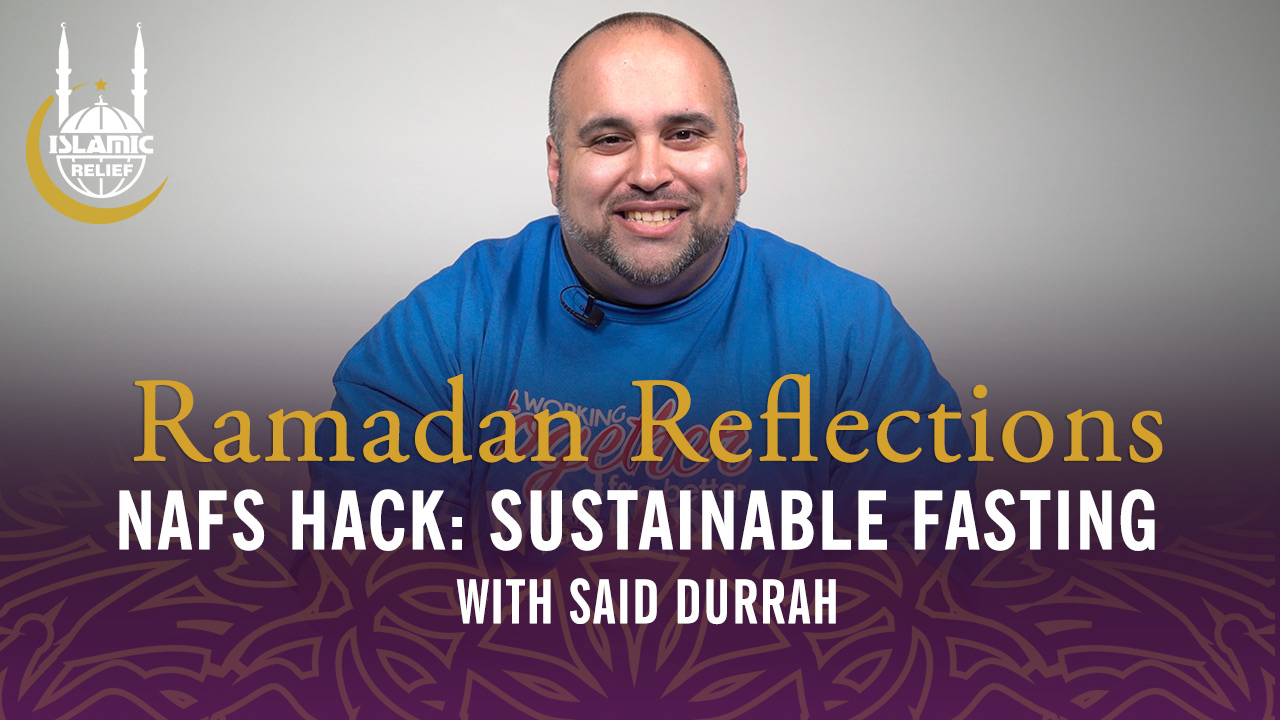A Day Off for Eid and a Special Meal — It’s a Luxury
In the U.S., most families try to take the day off of work and school for Eid to make it more special.
This Eid, think about what a luxury that is. Because for Saleha, taking off would make the day less special.
Saleha, in Bangladesh, goes to work on Eid like she does any other day. If she were to take off, the family would celebrate by having even less to eat. Saleha’s husband is too old and sick to work, and her son-in-law passed away, so she supports her family of seven all alone by working as a maid. They need the money she earns each day—about $1.85 to $2.50—in order to buy food at night.
“The days I can’t work—when I’m sick, or there is no work,” she said, “the adults eat just one meal and the children eat two.”
And those meals are always vegetarian, because she can’t afford meat. Well, almost always. “I try to buy a chicken once a year,” she said.
On Eid, her family can’t buy new clothes. They can’t make the Bengali traditional sweet dish made from vermicelli. “We eat from whatever Allah has granted us, on that day,” she said.
Still, Saleha said, “Eid is a day of joy.”
And last year, it was even more joyful because Allah granted them something extra special—an Islamic Relief USA donor sent them more than 4 pounds of meat.
“This put a huge smile on everyone’s faces,” she said.
Not only that, but was an important boost of nutrition. Saleha knows malnutrition has taken a toll on her family’s health. The meat on Eid makes a real difference … how could it not, since it’s 100% of the meat they eat all year?
This Eid, the gifts you give your family might not be the most meaningful gift you give, or the ones most appreciated or remembered longest. The Qurbani meat you send to families like Saleha’s might make a bigger impact.
Don’t underestimate what your gift of meat can do.




